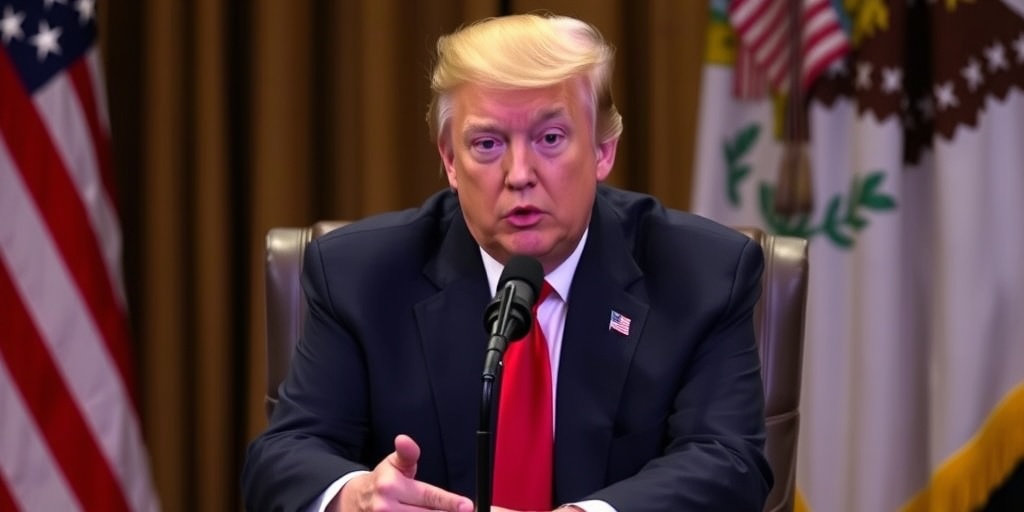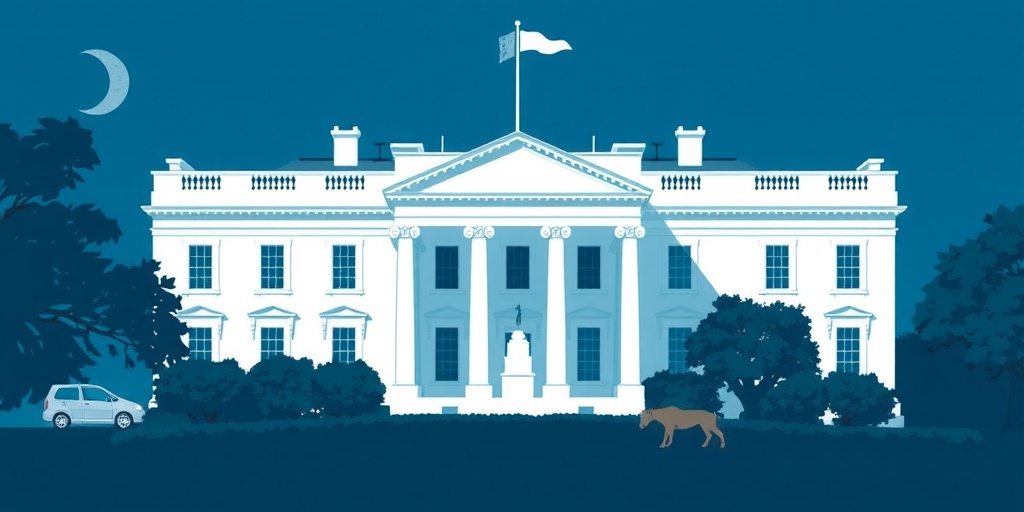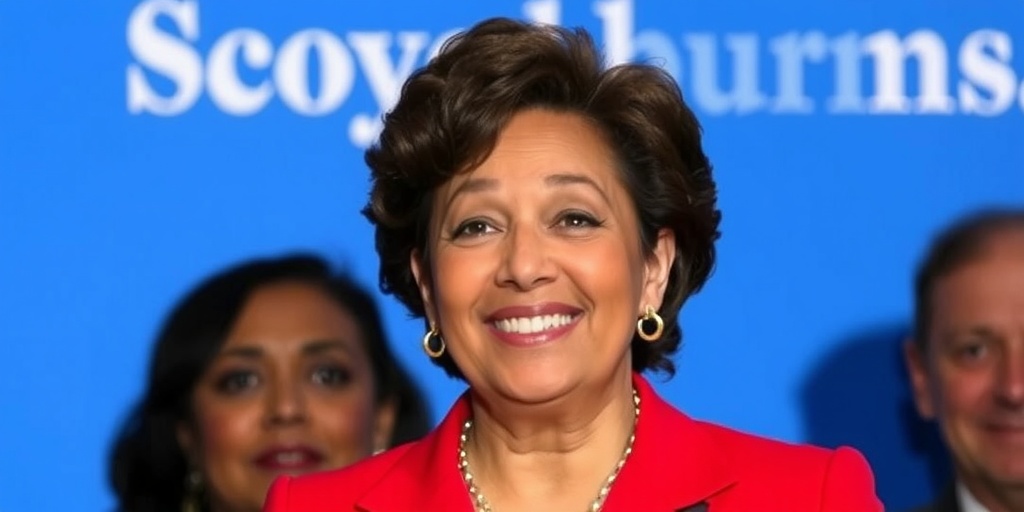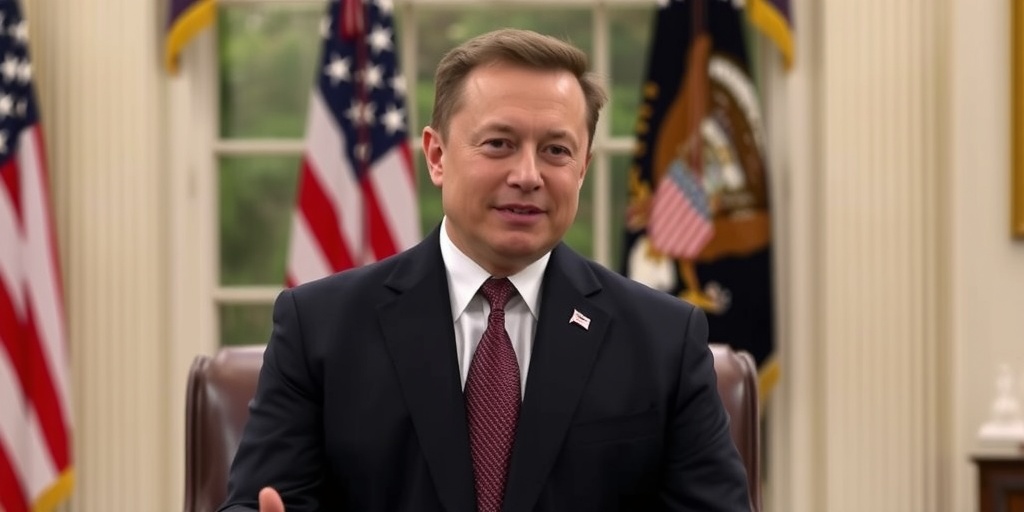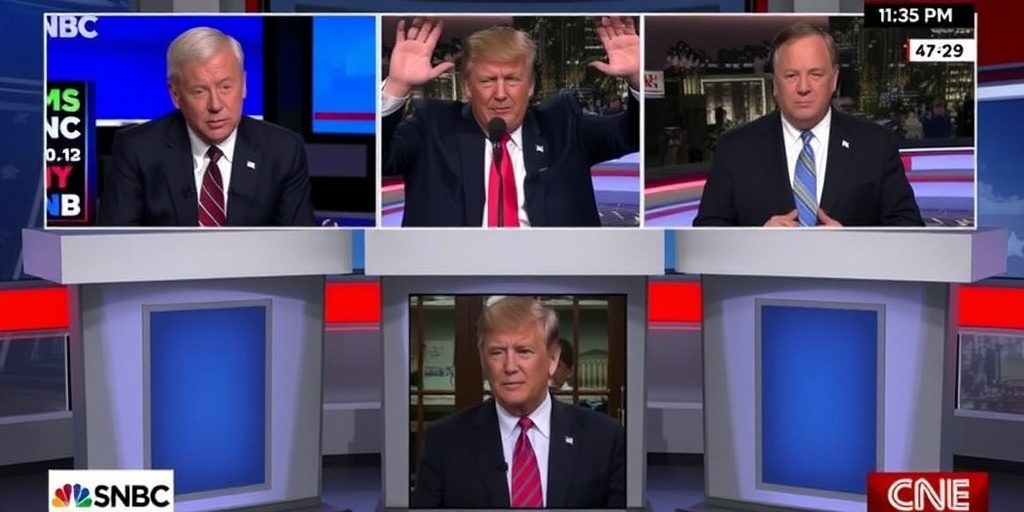Now Reading: Key Themes in Donald Trump’s Second Inaugural Address
-
01
Key Themes in Donald Trump’s Second Inaugural Address
Key Themes in Donald Trump’s Second Inaugural Address
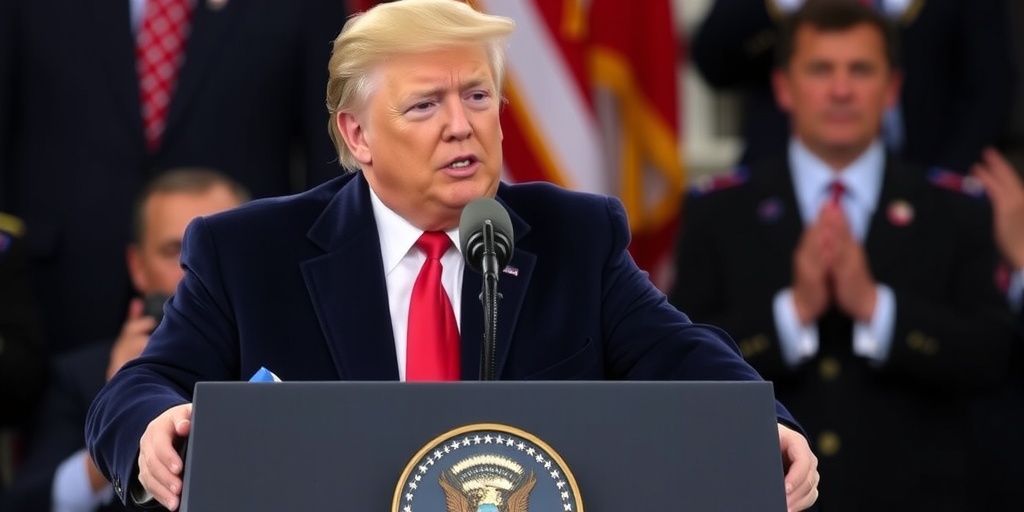
Title: A Journey Through History: Common Themes in the Speeches of American Leaders from George Washington to Donald J. Trump
In the grand tapestry of American history, the speeches delivered by its leaders serve as potent reflections of the nation’s evolving identity, values, and aspirations. From the founding father George Washington to the 45th president, Donald J. Trump, the words chosen in significant addresses often reveal underlying themes of hope, unity, and the pursuit of a greater American dream. By exploring the frequently mentioned words in their speeches, we can gain insight into how these leaders have sought to connect with the American public and shape the discourse of their times.
George Washington, the first president of the United States, delivered several farewells and addresses that emphasized themes such as unity, freedom, and perseverance. In his famous Farewell Address of 1796, Washington warned against political factions and foreign alliances, urging Americans to prioritize unity above all else. Words like "unity," "permanence," "freedom," and "patriotism" frequently echoed throughout his speeches, as he called for a strong, inclusive sense of national identity. His dedication to the foundational principles of the nation paved the way for future leaders to build upon.
Fast forward to the 20th century, and we find Franklin D. Roosevelt, who took office during the Great Depression. His speeches were filled with messages of hope and resilience. Terms such as "fear," "prosperity," "challenge," and "hope" dominated his rhetoric as he implored the nation to come together in challenging times. Roosevelt famously declared, "The only thing we have to fear is fear itself," underscoring the importance of unity and collective action in overcoming adversity.
In contrast, John F. Kennedy’s inaugural address in 1961 introduced an inspiring vision for America that emphasized global responsibility and civic duty. Words like "freedom," "peace," "challenge," and "citizen" permeated his speech, as he invoked the spirit of service among the American people. Kennedy’s call to action—"Ask not what your country can do for you—ask what you can do for your country"—resonated with millions, capturing the essence of collective endeavor.
Moving into the 21st century, the political landscape saw the rise of more polarized rhetoric. Presidents like Barack Obama and Donald Trump utilized their speeches to convey deeply entrenched beliefs about the direction of the nation. Obama frequently spoke about "hope," "change," "unity," and "progress," striving to bridge divides and foster inclusivity. His speeches often focused on themes of optimism and the possibility of a better future, instilling confidence in the American spirit.
In stark contrast, Donald Trump’s oratory style and choice of words marked a significant shift in political discourse. Trump’s speeches—rife with phrases such as "America first," "greatness," "tremendous," and "fake news"—emphasized a nationalistic vision and often adopted an adversarial tone toward the political establishment and the media. The repetition of words like "winning," "together," and "strong" underscored his appeal to a base that yearned for a return to what they viewed as a more prosperous and secure America.
Despite their different approaches and contexts, several key themes resonate across these leaders’ speeches. The importance of unity is a common thread, whether it was Washington’s call for national solidarity after the Revolutionary War or Kennedy’s challenge to citizens to contribute to the public good. Other recurring concepts include freedom, patriotism, and the aspiration for a brighter future—elements that have remained critical to the American narrative through centuries.
Moreover, the art of rhetoric remains an essential tool in shaping public opinion and influencing the course of history. Each president’s specific era and the unique challenges they faced influenced their speech content and style, but the underlying need to connect with citizens has persisted. In an increasingly polarized environment, the echoes of past leaders continue to resonate, reminding Americans of the values that bind them together.
As we analyze the frequently mentioned words in the speeches from Washington to Trump, we recognize a profound continuity in the aspirations of American leaders. These leaders have utilized the power of language not just to inform or entertain, but to inspire, mobilize, and sometimes polarize their audiences. Understanding these motifs leads us to a richer comprehension of the ongoing American story—a narrative that is vibrant, complex, and continually unfolding.
Stay Informed With the Latest & Most Important News
Previous Post
Next Post
-
 01New technology breakthrough has everyone talking right now
01New technology breakthrough has everyone talking right now -
 02Unbelievable life hack everyone needs to try today
02Unbelievable life hack everyone needs to try today -
 03Fascinating discovery found buried deep beneath the ocean
03Fascinating discovery found buried deep beneath the ocean -
 04Man invents genius device that solves everyday problems
04Man invents genius device that solves everyday problems -
 05Shocking discovery that changes what we know forever
05Shocking discovery that changes what we know forever -
 06Internet goes wild over celebrity’s unexpected fashion choice
06Internet goes wild over celebrity’s unexpected fashion choice -
 07Rare animal sighting stuns scientists and wildlife lovers
07Rare animal sighting stuns scientists and wildlife lovers













